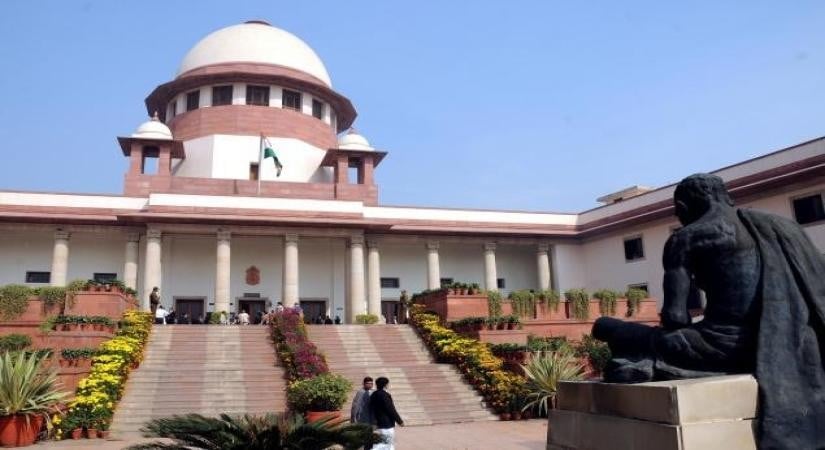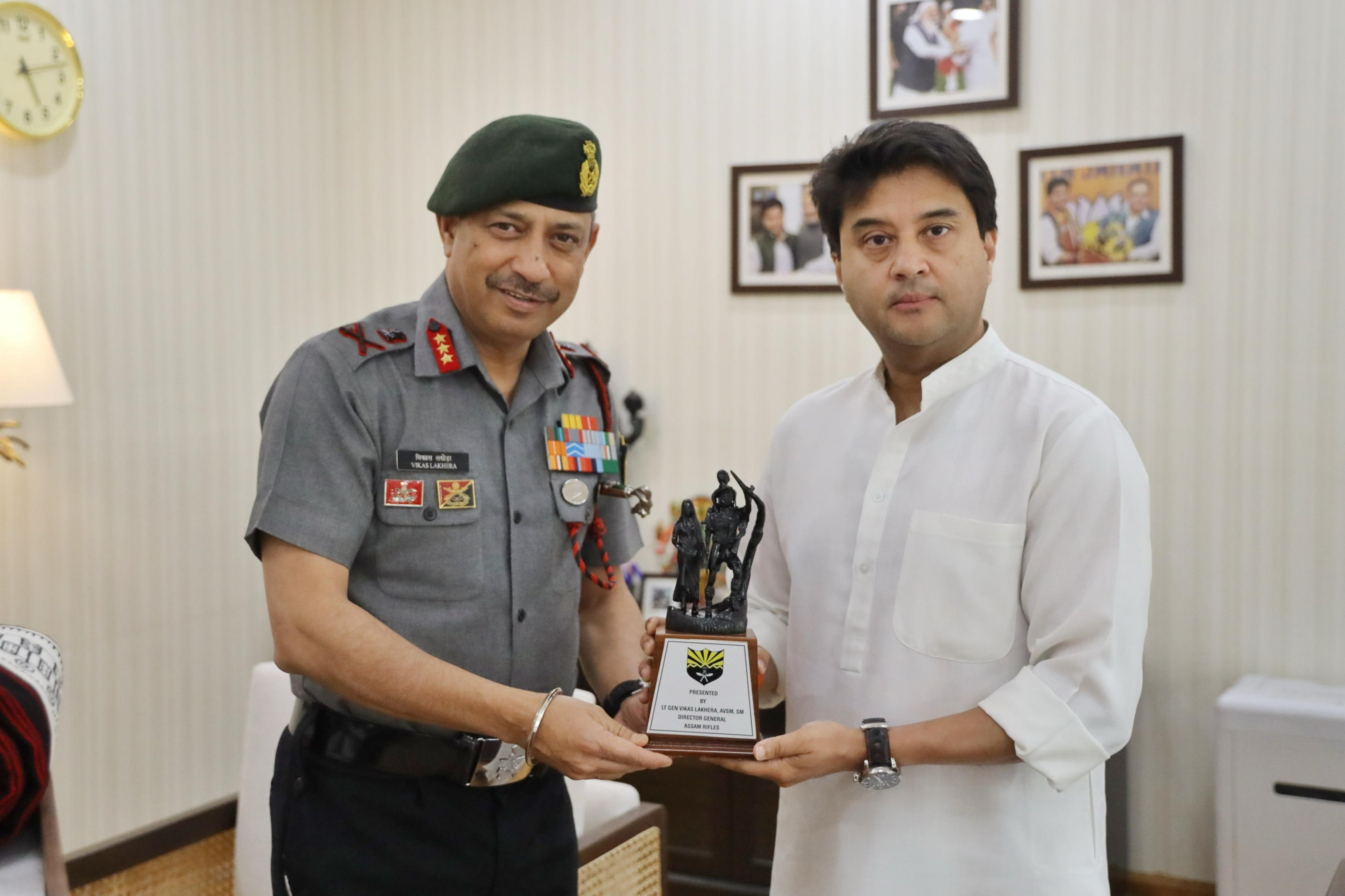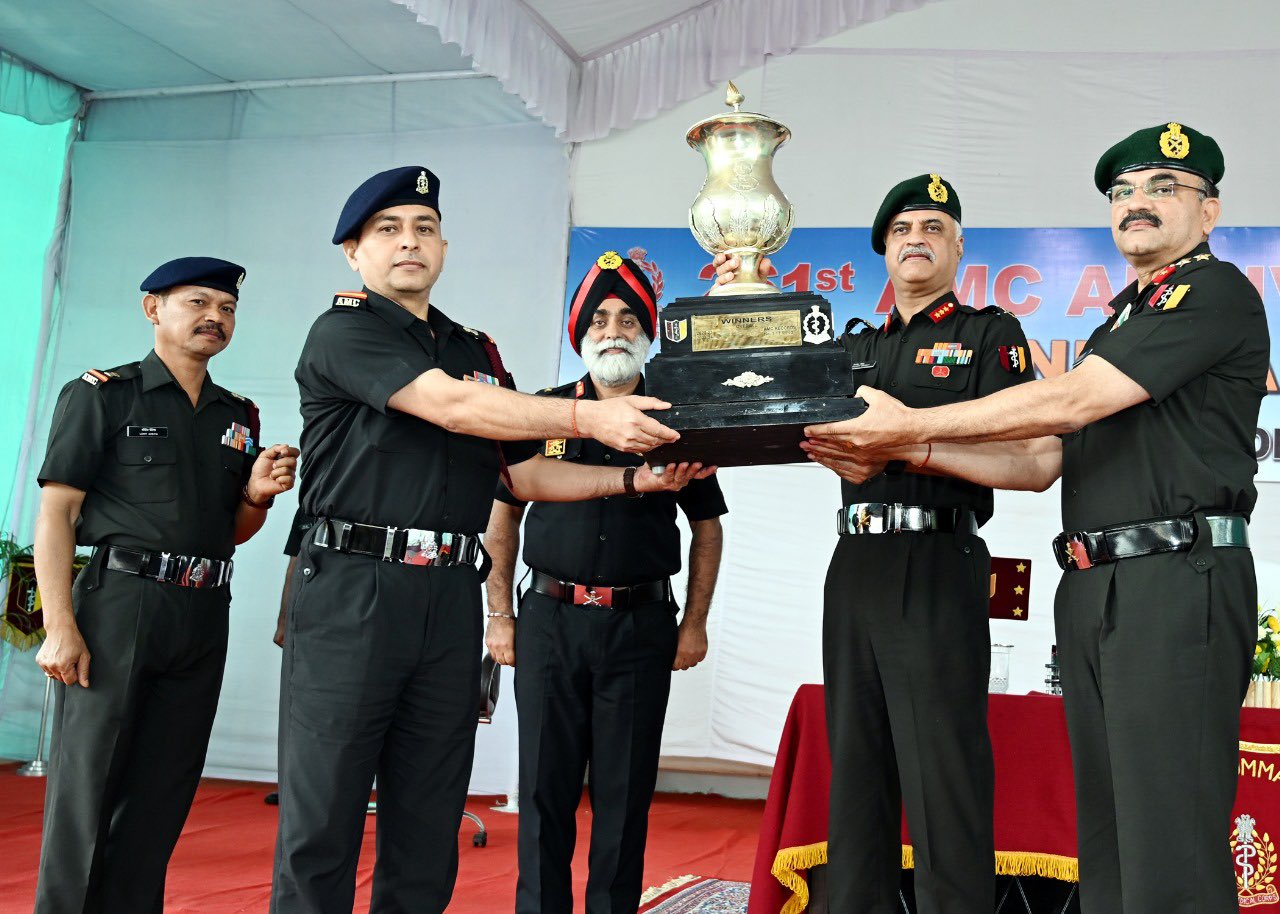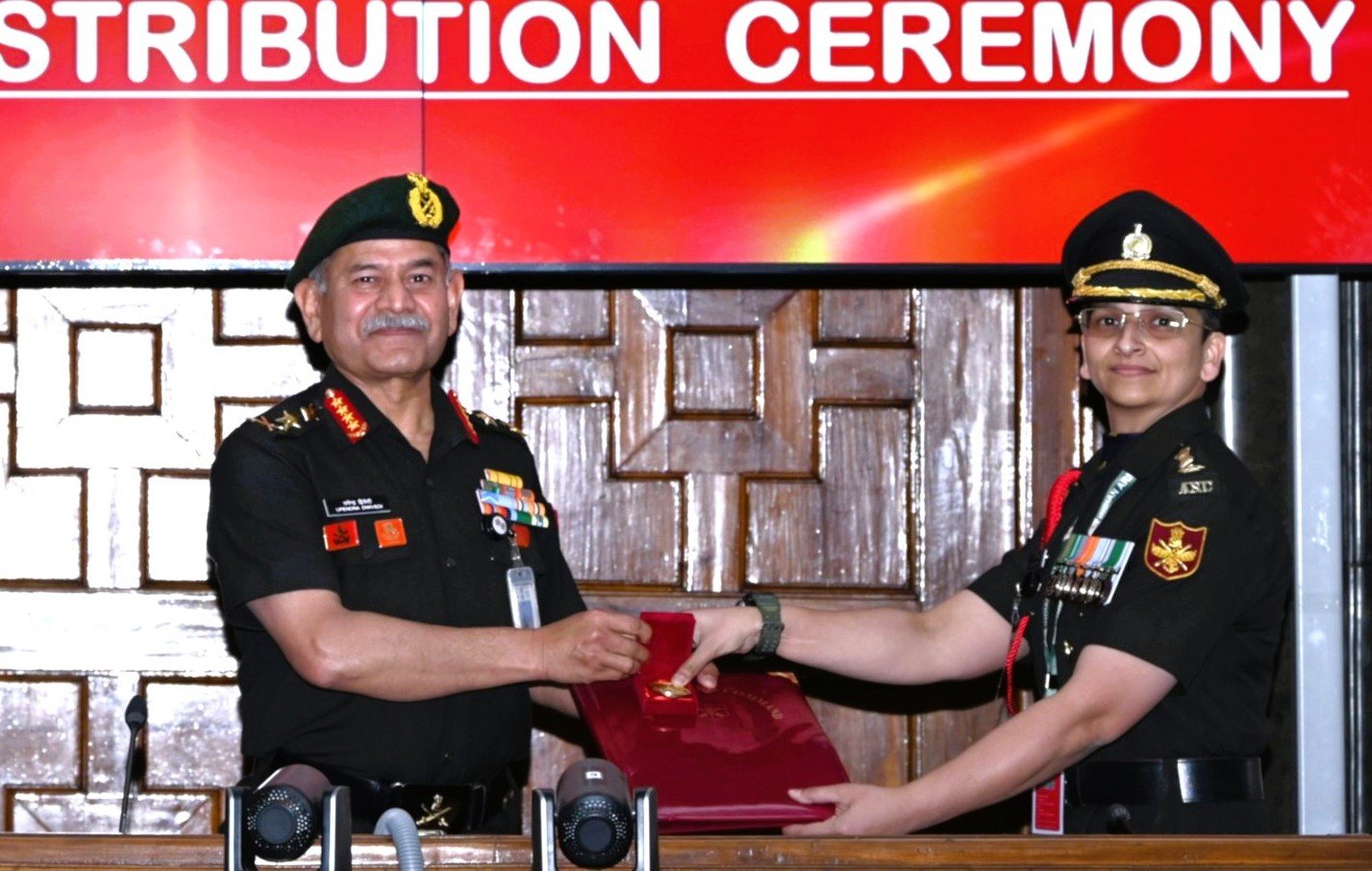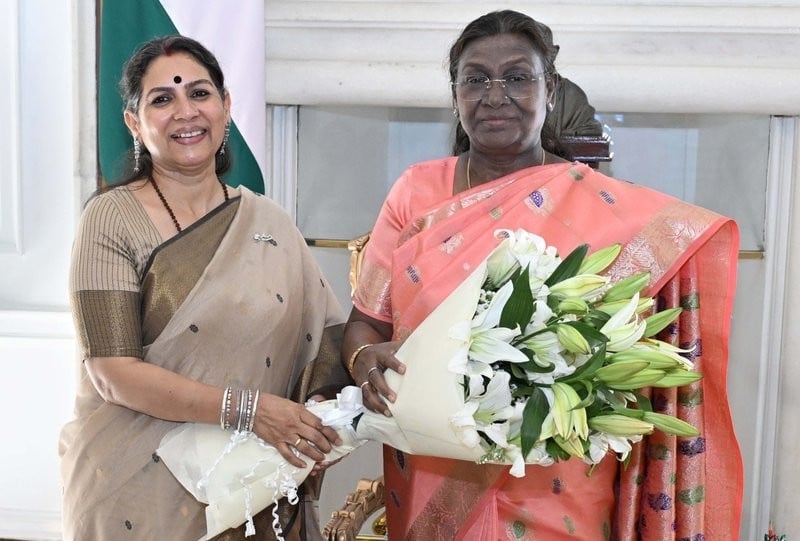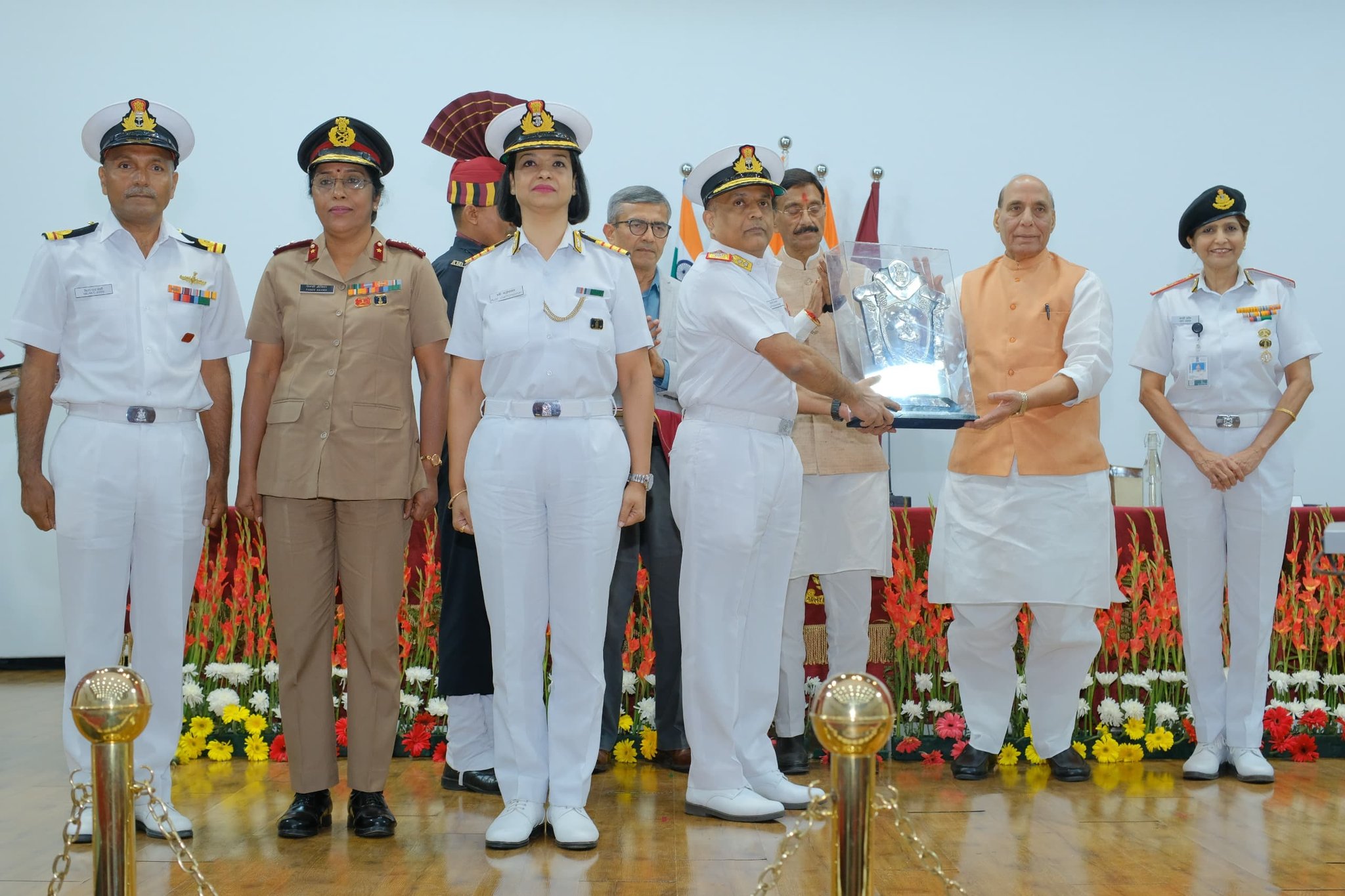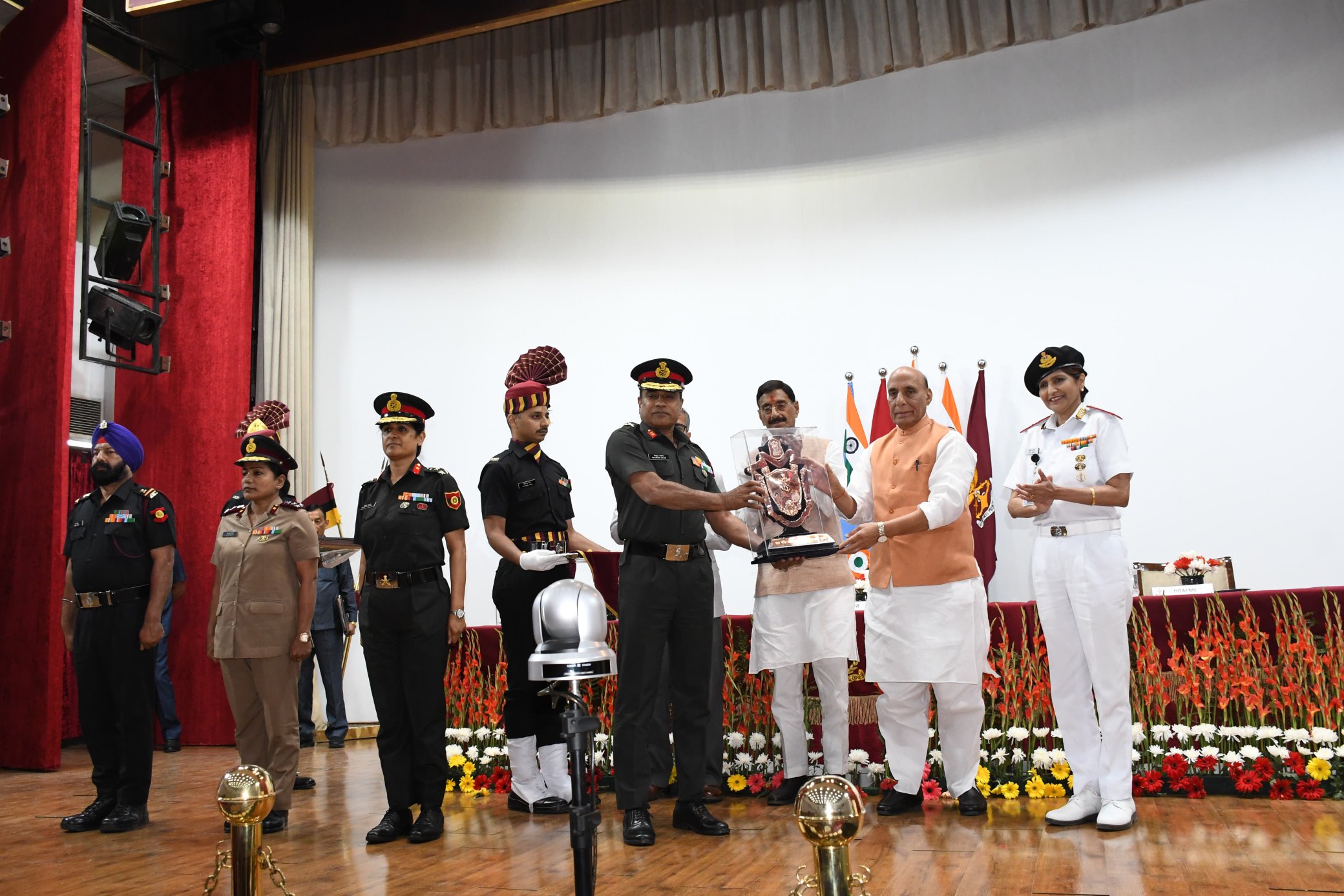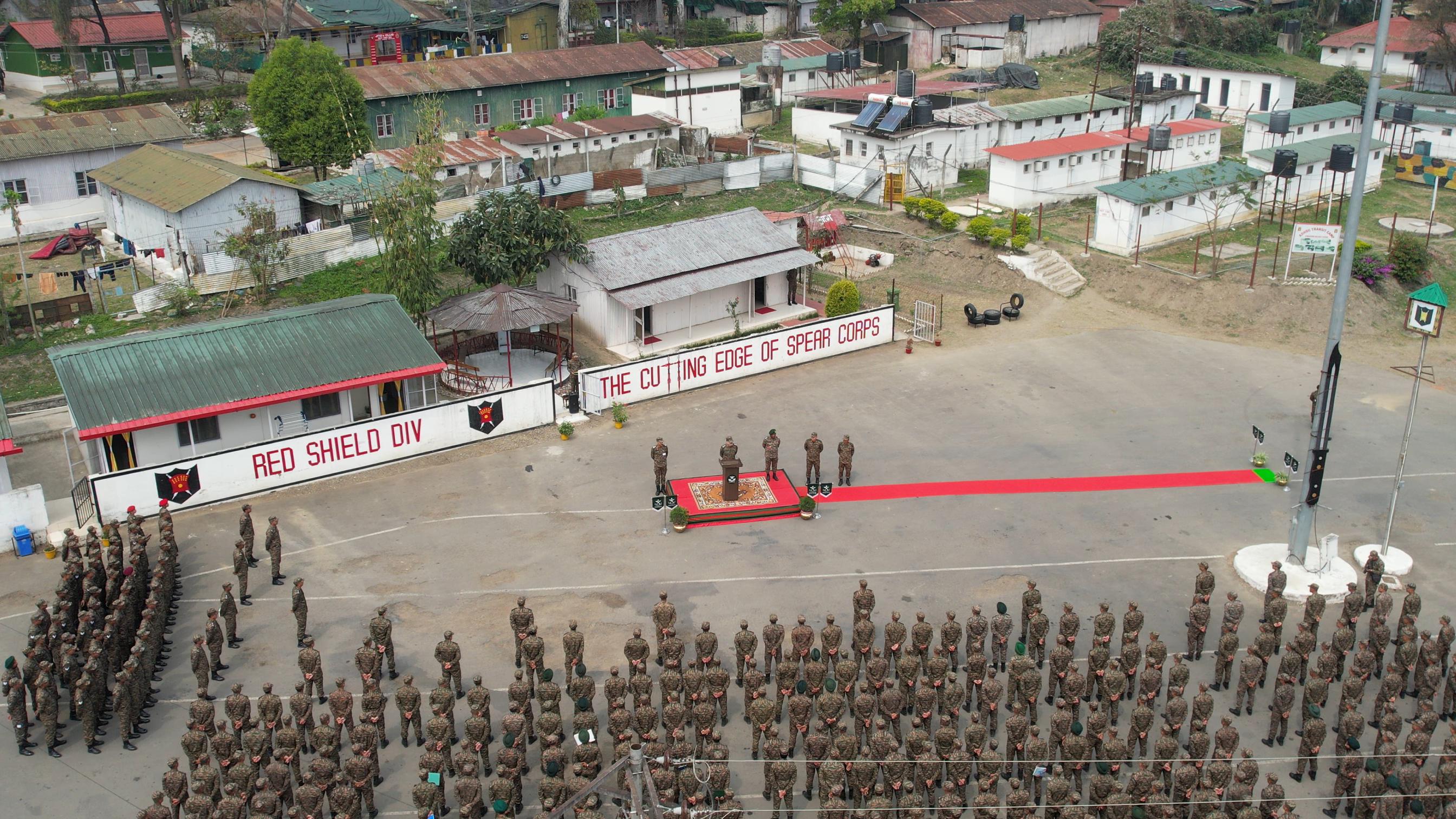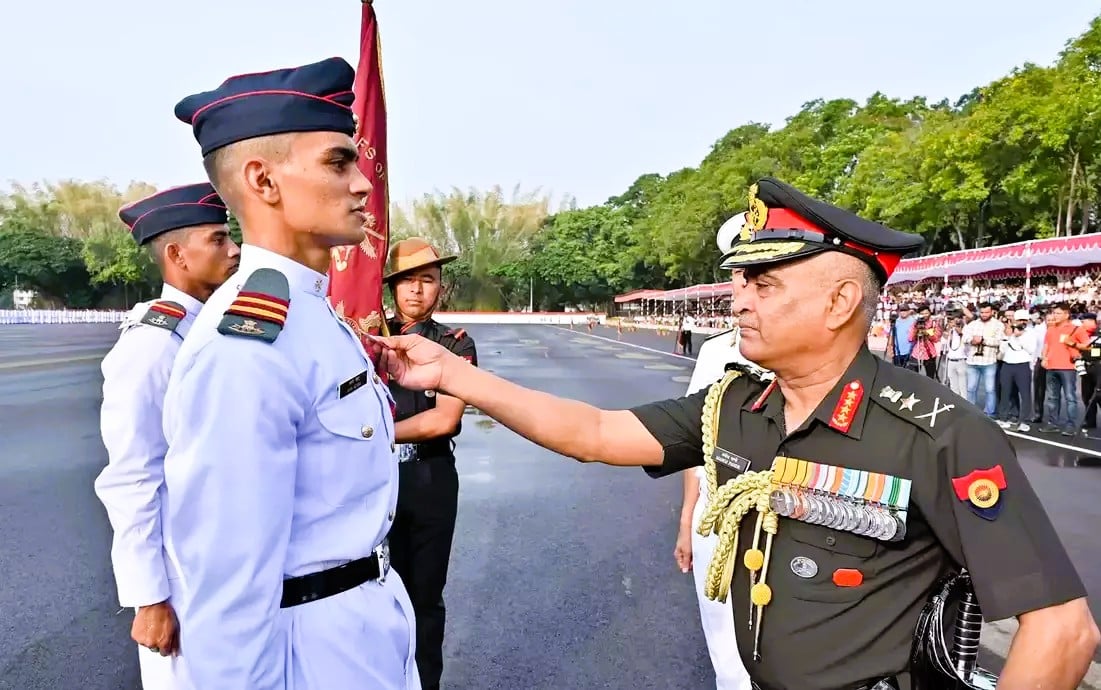The Supreme Court has ordered the Indian Army to pay ₹50,000 in costs to the widow of a soldier who lost his life while partaking in Operation Rakshak in Jammu and Kashmir. The directive came during the hearing of a special leave petition from the Union government challenging the Armed Forces Tribunal’s (AFT) decision to award the widow the benefits of the Liberalised Family Pension (LFP).
Presiding over the case, Justice Abhay S. Oka emphasized the necessity of a compassionate approach in such matters, stating that the widow should not have been compelled to pursue her case in court. He underscored the expectation that those responsible for decision-making should show empathy towards the families of deceased soldiers.
The soldier in question was engaged in an Area Domination Patrol aimed at controlling the Rangwar gap near the Line of Control as part of the Anti-Infiltration Obstacle System. In January 2013, he experienced severe breathlessness under extreme weather conditions. Despite the critical nature of his condition as assessed by the regimental medical officer, bad weather hindered his air evacuation, and he had to be extracted on foot. He ultimately succumbed to cardiopulmonary arrest. Initially labeled a “battle casualty,” his death was subsequently reclassified as a “physical casualty” linked to military service.
The deceased soldier’s widow received all terminal benefits, including a special family pension. However, she sought further assistance from the AFT after being denied the Liberalised Family Pension. In August 2019, the AFT ruled in her favor, directing the Indian Army to provide her with the LFP and a lump sum ex-gratia payment applicable in cases of battle casualties who die while in service.
In the Supreme Court proceedings, the Union government’s representatives contended that the AFT’s characterization of the deceased’s death was incorrect, arguing that it was merely due to cardiopulmonary arrest and should be classified as a “physical casualty” eligible only for a special family pension.
The Supreme Court, however, acknowledged the initial categorization of death as a “battle casualty” by the Commanding Officer, noting the extreme conditions under which the soldier was operating at the time of his death. The Court concluded that the soldier’s death could indeed be linked to an illness exacerbated by the severe conditions he faced, thus categorizing it as a “Battle Casualty.”
With the dismissal of the Union government’s appeal, the Supreme Court reaffirmed the Tribunal’s stance. It ordered that the AFT’s judgment be implemented within a three-month period, instructing the responsible authorities to remit the ₹50,000 costs to the widow within the stipulated two-month timeframe.

